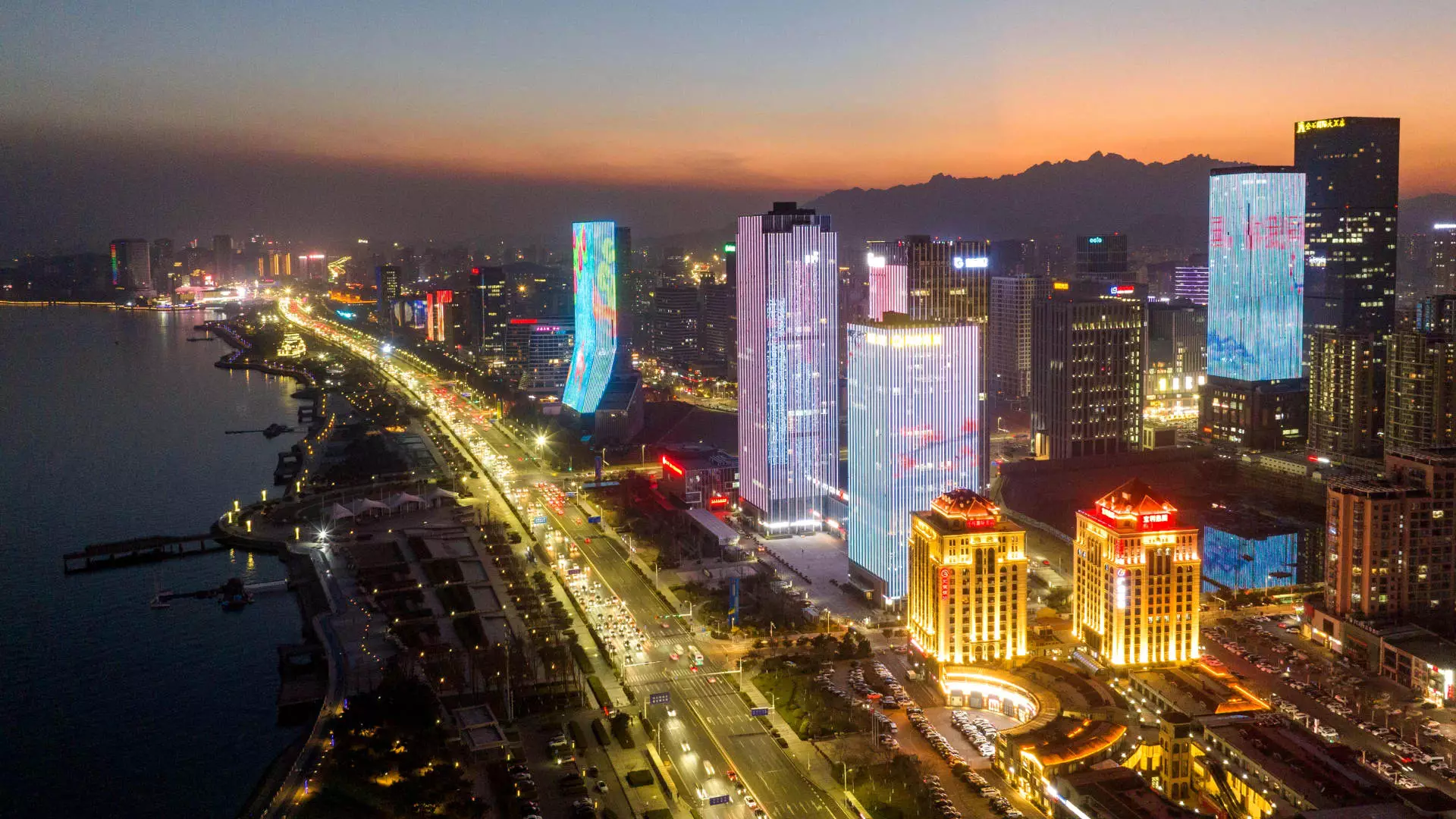China’s real estate industry continues to face challenges that are far from over, according to a recent report by global investment firm KKR. The firm’s head of global and macro asset allocation, Henry H. McVey, highlighted the need for addressing the fundamentally overbuilt real estate sector quickly. The property industry in China has been on a downward trend in recent years following Beijing’s crackdown on developers’ reliance on debt for growth. The housing market correction in China, according to the KKR report, may only be halfway complete in terms of its depth, with both price and volume needing to come under pressure to complete the cleansing cycle.
Another key takeaway from the report is the importance of restoring confidence in the market to drive savings back down. McVey emphasized the need for consumer and business spending on upgrading to higher quality products as part of the Chinese authorities’ promotion efforts. Confidence in the real estate sector, along with related sectors, is crucial for overall GDP growth to pick up significantly. As the industry accounts for a significant portion of China’s economy, addressing the issues in the real estate market is essential for economic recovery.
The report also highlighted the impact of China’s property market slump on foreign institutional investors. Many investors have considered reducing their exposure to China amidst geopolitical tensions and market uncertainties. The KKR report suggested that more action by Beijing to improve the real estate sector could positively impact investor perception. However, the lack of detail on expectations for specific real estate policy raises concerns about the uncertainty surrounding the industry’s future.
KKR expects a modest slowdown in China’s GDP growth for the next few years, with real estate and Covid-related factors continuing to impact the economy. The shift towards manufacturing and high-quality development, supported by financial policies for select property developers, is expected to provide some stability to the real estate sector. The report anticipates a gradual improvement in the economy over the next few years, as housing corrections and policy support contribute to a moderate easing of the drag on the overall economy.
For investors, the report suggests that authorities’ efforts to make it easier for businesses and households to tap capital markets could be a more significant development than China’s GDP increase. By repairing soft spots in the economy, especially around housing, the cost of capital could improve, allowing new consumer companies to access capital markets at better prices. The report also highlights the importance of consumer spending trends in the middle to higher income range, with domestic travel and retail sales showing resilience despite challenges in the real estate market.
China’s real estate troubles require urgent attention to address industry problems and restore confidence for economic growth. While there are challenges ahead, with proper policy support and investor confidence, the real estate sector in China could see gradual improvements in the coming years. It is crucial for authorities to take decisive actions to stabilize the market and create opportunities for sustainable growth in the future.

